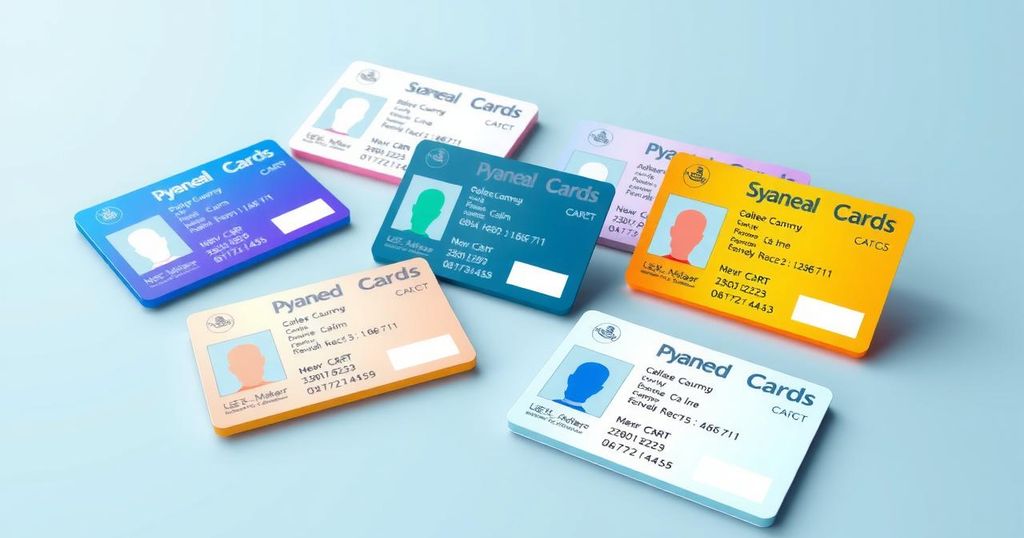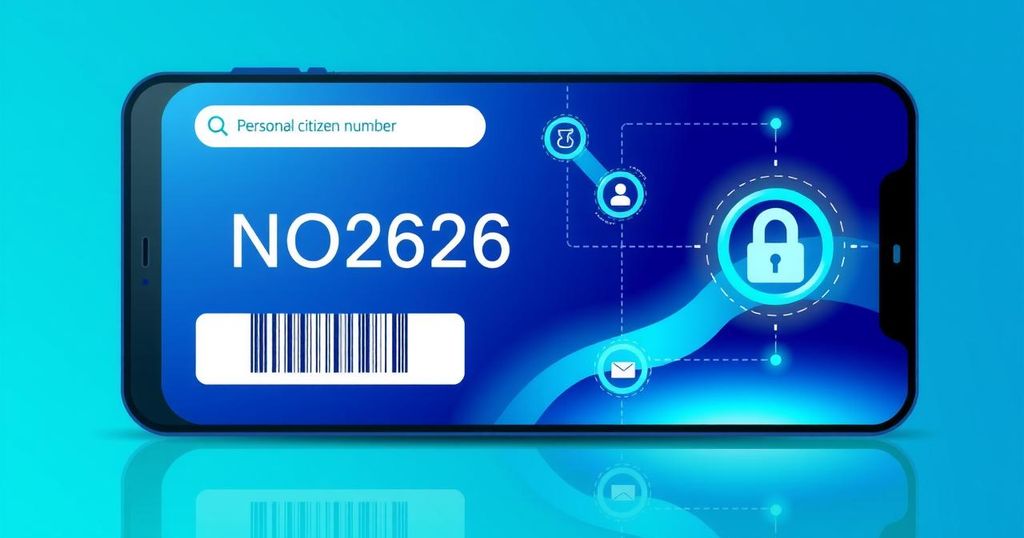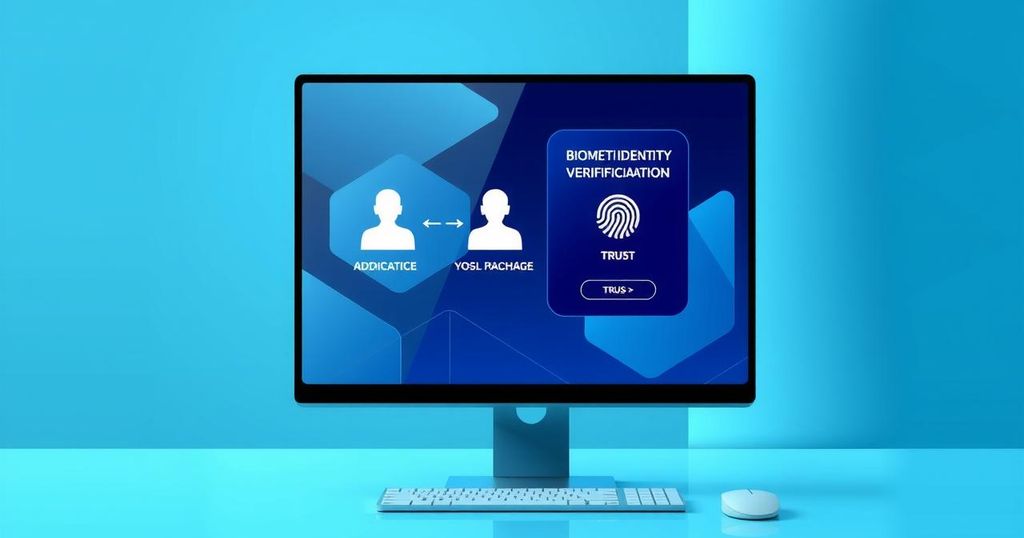Sri Lanka’s Electronic National Identity Card (e-NIC) project is currently undergoing user and security testing led by SLCERT. The project includes 700,000 biometric polycarbonate cards designed to improve identification security. Upcoming integrations with the Sri Lanka Unique Digital ID project aim to streamline the process of acquiring ID cards, with enhanced accessibility and efficiency.
Sri Lanka is currently in the midst of user and security testing for its ambitious Electronic National Identity Card (e-NIC) initiative. According to M.S.P. Suriyapperuma, who leads the Department of Registration of Persons, the Sri Lanka Computer Emergency Readiness Team (SLCERT) is tasked with this testing to verify the robustness of the software involved. The outcomes will be critical for the project’s future.
In a significant move for the e-NIC project, the Department has acquired 700,000 polycarbonate cards from the tech firm Thales. These cards will feature advanced biometric capabilities, including fingerprint, iris, and facial recognition, which will notably enhance identification security and efficiency for users. This is part of a broader strategy to simplify and secure identity verification for the Sri Lankan populace.
Furthermore, the initiative aims to integrate with the Sri Lanka Unique Digital ID project. This integration will assign unique ID numbers and centralize various types of identification documents. Suriyapperuma emphasized that this system will also encompass vital data like birth certificates and tax IDs, improving the overall framework for personal identification in the country.
Accessibility to National ID cards has improved drastically as well. The establishment of 335 ID card units across all Divisional Secretariats has decentralized services. Additionally, a new Department for Registration of Persons was created in Battaramulla, making the service more approachable and responsive to citizens’ needs.
Technological advancements have connected regional and provincial offices through VPN technology. As of now, 2,341 photography studios have been registered to facilitate online submission of personal photographs for the ID cards. Suriyapperuma highlighted that since the rollout started on October 27, 2017, a polycarbonate smart card has been issued with trilingual ICAO photo laser-printing in Sinhala, Tamil, and English.
To further improve the ID card acquisition process, the Galle provincial office now provides a one-day service for applicants. Recently, an awareness session at the Information and Communication Technology Agency of Sri Lanka (ICTA) delved into the e-NIC’s operational aspects. Suriyapperuma noted that the Registrar General’s Department aims to finalize the e-population registry in Colombo this month, which will bolster the efficiency of life’s event registrations, promote data sharing among government bodies, and enhance data accuracy overall.
The ongoing user and security testing of Sri Lanka’s e-NIC project marks a significant step in modernizing national identity verification. The project’s integration with the Unique Digital ID initiative aims to create a framework that consolidates various identity documents while enhancing security through biometric technology. As services decentralize, accessibility is improving, with new technologies enabling more efficient operations. These developments signal a promising future for Sri Lanka’s identification system.
Original Source: www.biometricupdate.com





